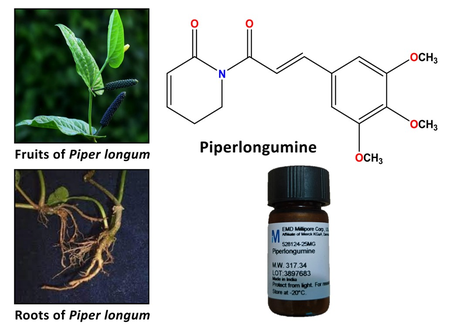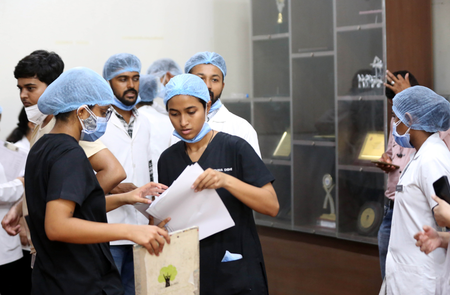
London, March 15 (IANS) A study on genes of two different mouse models with liver disease has helped a team of Austrian researchers to better understand liver scarring and to develop more effective treatments for the disease.
Scarring, also known as fibrosis, occurs when liver cells are replaced by fibrous tissue. The largest internal organ then hardens and becomes unable to perform its functions, leading to liver failure.
To better understand the scarring process, the team from the Medical University of Vienna and the Center for Molecular Medicine (CeMM) examined gene activity in two different mouse models.
Their results, published in the journal iScience, revealed dynamic molecular processes that can help reverse liver fibrosis.
The team found that “some genes were upregulated during the progression of the disease and downregulated during regression”.
Some also showed changes persistently during the regression phase, pointing out the lasting effects of liver damage.
Linking the genetic information to the disease indicators, the team identified the genetic drivers of the disease. They found four “hub” genes with links to fibrosis, portal venous pressure, histological data, and blood markers. The “hub” genes can also be developed into clinically relevant biomarkers, the researchers said.
The results were also tested and confirmed in a study on patients with liver diseases.
–IANS
rvt/svn




